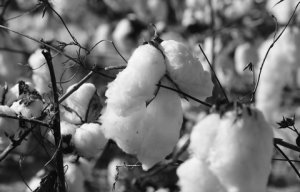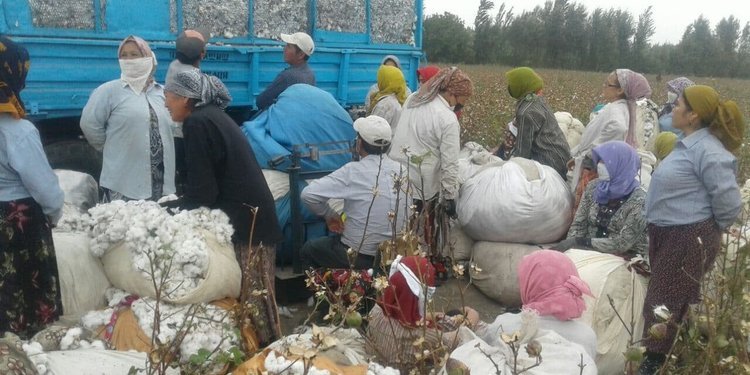
Applied DNA introduces GeoTyping Beta Program
Companies now need to conduct due diligence and make their own policy decisions regarding sourcing, organisation says.

11th March 2022
Innovation in Textiles
|
Washington, DC
The Washington DC-based Cotton Campaign is ending its call for a global boycott of Uzbek cotton. The announcement comes as frontline partner, the Uzbek Forum for Human Rights, releases its report finding no central government-imposed forced labour during the 2021 harvest.
This achievement comes after years of persistent engagement by Uzbek activists, international advocates and multinational brands, together with a commitment by the government of Uzbekistan to end its use of forced labour. The Cotton Campaign, a global coalition of human rights, labour, responsible investor, and business organisations, encourages responsible sourcing from the country, to ensure the reforms continue to benefit Uzbek workers, farmers, and civil society.
“This breakthrough in ending systematic, state-imposed forced labour was catalyzed by the brave labuor and human rights defenders in Uzbekistan who took great risks to expose human rights violations in the cotton sector,” said Umida Niyazova, director of the Uzbek Forum for Human Rights. “Their years of fearless monitoring and reporting drove the world to take action to protect Uzbek workers,”
Responding to a petition by Uzbek civil society activists calling for a boycott of Uzbek cotton in 2009, companies began making individual commitments and the Cotton Campaign launched its Uzbek Cotton Pledge Against Forced Labor. Since then, 331 brands and retailers signed the Uzbek Cotton Pledge, including many of the world’s largest brands including C&A, Gap and Tesco.
“After encouraging hundreds of companies to avoid Uzbek cotton over the past 12 years, we’re happy to announce the time has come to lift the Uzbek Cotton Pledge,” said Patricia Jurewicz, Cotton Campaign co-founder. “Companies now need to conduct due diligence and make their own policy decisions regarding sourcing in Uzbekistan.”
Although Uzbek Forum’s report found that cotton was harvested without systematic state-imposed forced labour, the monitors found cases of coercion and interference by local authorities, as well as individual cases of forced labour. In addition, independent groups that conduct field level monitoring and capacity building are unable to register and operate freely, putting progress at risk.
Given repressive policies that limit freedom of association in Uzbekistan, and supply chain practices that have contributed to eroding labour standards in garment producing countries around the world, both the Uzbek government and brands must take the next steps to ensure not only the end of forced labour but also to support workers’ rights as the industry is poised to grow. Uzbekistan has the potential to become an attractive sourcing country for cotton textiles, offering new state-of-the-art facilities and the possibility of full supply chain visibility and traceability.
“Today we are celebrating, but our work continues to help build a fair and humane industry going forward,” said Allison Gill, Cotton Campaign steering committee member. “We have the opportunity to create a new kind of supply chain, in which suppliers and brands have real transparency about labor practices and can invest in workers’ rights and maintain high labour standards. Instead of forcing producers to compete for the lowest prices and in turn, push labour standards down, brands should work with suppliers and labour organisations to develop a responsible business model, based on fair purchasing practices, to ensure decent work at all levels of the supply chain.”
The Cotton Campaign is urging all brands that are interested in sourcing from Uzbekistan to conduct human rights due diligence to ensure rights are respected at all stages of production, including the cotton farms, spinners, fabric mills and manufacturing units, and that there are credible, independent mechanisms in place for forced labour prevention, monitoring, grievance and remedy.

Business intelligence for the fibre, textiles and apparel industries: technologies, innovations, markets, investments, trade policy, sourcing, strategy...
Find out more